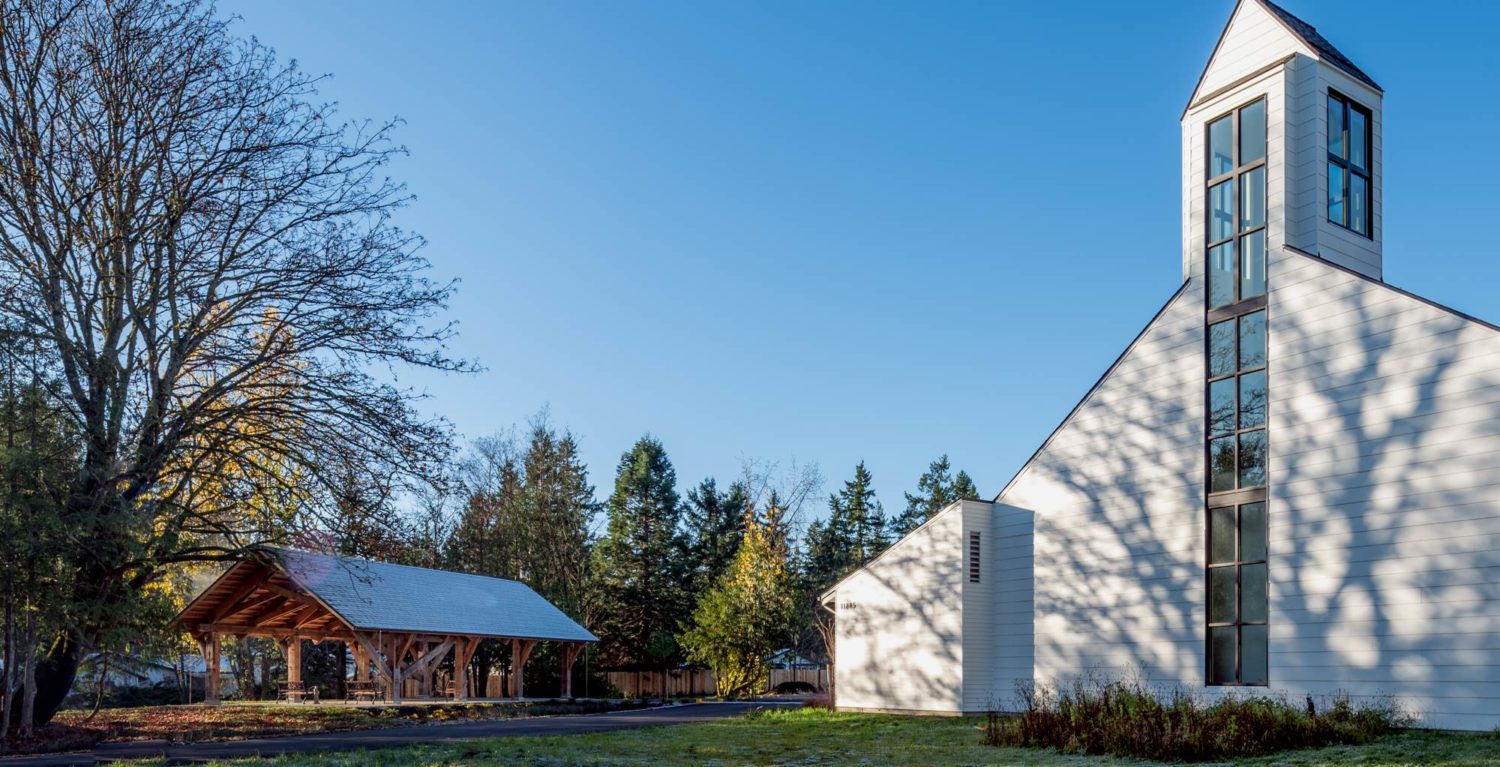From August 21-26 I spent six days backpacking in Olympic National Park. Every summer I try to explore a little more of the park, and this time my goal was to hike up the East Fork of the Quinault River, over Anderson Pass into the top of the Dosewallips River, then over LaCrosse Pass into the Duckabush River, and down the river to the trailhead, a distance of about 40 miles.
Although some people suggest that hiking alone is not a good idea, I like the solitude. When I backpack by myself, I don’t have anyone to care for except myself. My world is greatly simplified, and all I have to worry about is my next meal and my next camping spot. There are no phone calls, no texts, and no emails to answer.
I’m very careful to keep myself safe. I prepare carefully, checking and double checking my gear lists before I go. I’m careful to stay on the trail system and I don’t take foolish risks. I’m an experienced backpacker, and I carry an emergency locator beacon that, when triggered, sends a distress signal to a satellite that alerts an emergency center with my exact location.
What I like about backpacking by myself is the utter simplicity of it. There’s nothing between me and nature, and so I feel in close contact with reality. I feel really alive. In this simplified world, it’s easy to feel God’s presence. God is all around. As Elizabeth Barret Browning put it in a poem,
Earth’s crammed with heaven
And every common bush afire with God,
But only he who sees, takes off his shoes.
When I go to the mountains, I feel at peace with nature, at peace with God. It’s no surprise that so many Biblical encounters with God occur in the wilderness or the desert. Moses’ encounter with the burning bush (referenced in the above poem) is the classic example.
I wrote a detailed account of my trip in my hiking blog, “Val-di-ree,” which you can find here.
